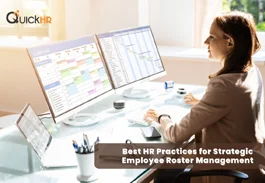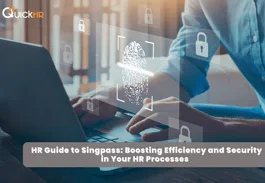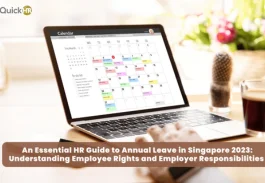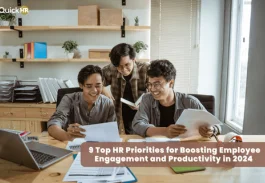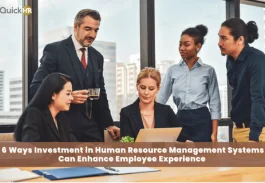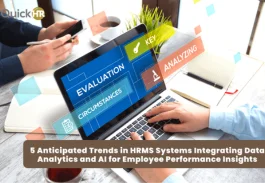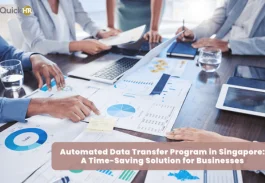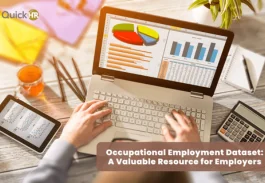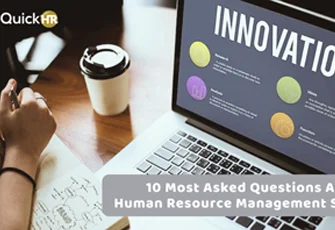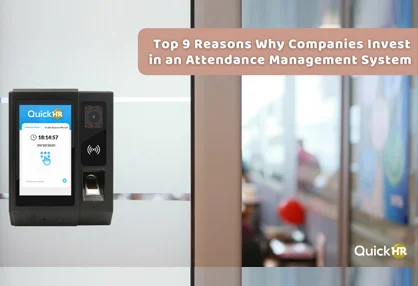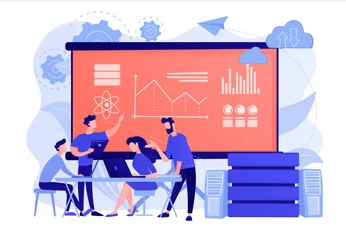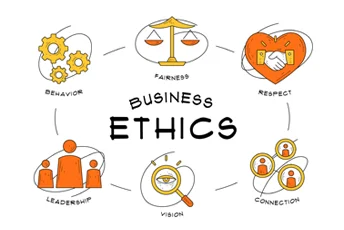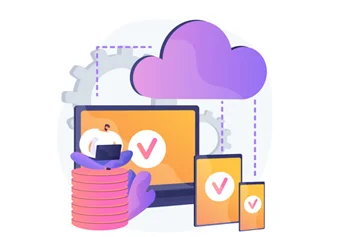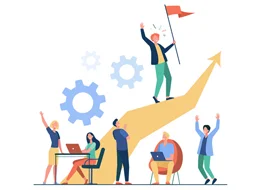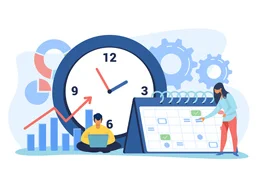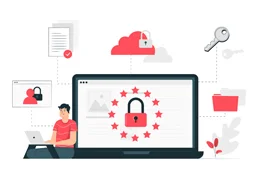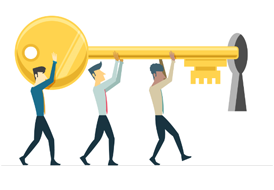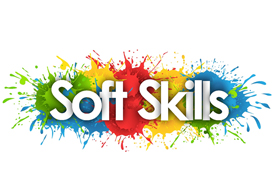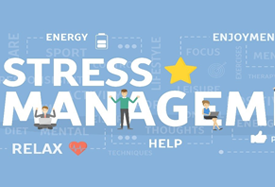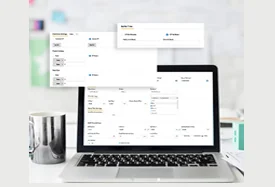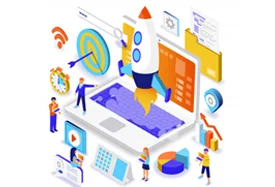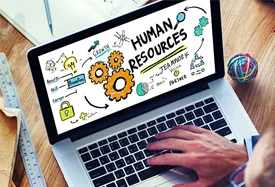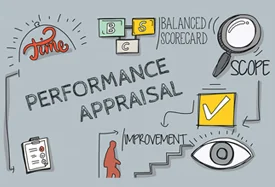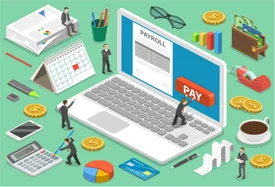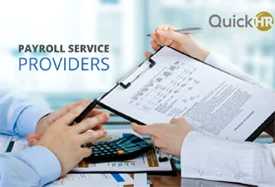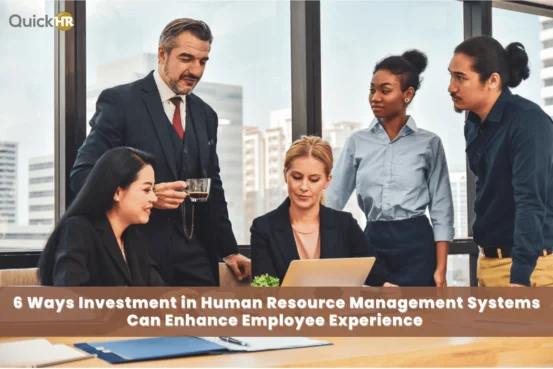
6 Ways Investment in Human Resource Management Systems Can Enhance Employee Experience
Posted on 27 November 2023 in Business | Suki Bajaj
As the concept of Employee Experience gains traction, we asked six professionals, including Heads of Human Resources and CEOs, for their insights on how investment in Human Resource Management Systems in Singapore can enhance the overall experience of employees.
From empowering employees through HRMS access to tracking employee behavior for experience enhancement, discover the specific ways these leaders suggest to leverage HRMS for a better employee experience.
In this guide, we’ll talk about:
Empowering Employees through HRMS Access
I believe that when employees have the tools and resources at their fingertips to manage their schedules, access development resources, and communicate seamlessly with their peers, it contributes to a more positive and fulfilling work experience.
From my observations, I've seen a notable increase in employee satisfaction since the implementation of our HRMS. I think the ability of the system to provide personalized and timely information has been instrumental in this. Our internal surveys indicate a 20% improvement in employee perceptions of accessibility to resources and support, which I believe is a direct result of our investment in HRMS.
In my view, the empowerment that comes from having immediate access to one's own employment-related data and organizational resources is invaluable. I've noticed that this autonomy fosters a sense of ownership and responsibility among our team members. I believe that this, in turn, contributes to a more engaged and committed workforce.
Shirley Borg, Head of Human Resources, Energy Casino
Choosing HRMS with Comprehensive Engagement Module
This is a very important challenge that many organizations face. Choosing the right HRMS is crucial as it is something that scales as the company grows.
Lately, keeping employee engagement in mind, it has become even more imperative to choose the right HRMS tool, as most of them don't have the employee engagement module or have a very basic and subpar module that adds no value whatsoever.
One best way is to see which HRMS tools have a sound employee engagement module that does more than surveys. Since COVID, there has been a rise in rewards and recognition and employee engagement modules that give a holistic experience to the employees.
So, keeping these things in mind, look for an HRMS that does more than surveys and truly puts your employees first.
Akshay Dipali, CEO, Nasch
Implementing 4DWW for Enhanced Employee Experience
In today's dynamic work environment, the concept of Employee Experience (EX) is taking center stage. One specific way HRMS can significantly elevate EX is through implementing a 4DWW (Four-Day Work Week). This innovative approach reimagines the traditional work week by focusing on flexibility, well-being, and productivity.
First, a 4DWW allows employees to have more control over their work schedules. They can choose when and where they work, aligning their tasks with their peak productivity hours. This level of autonomy not only boosts morale but also reduces stress levels, as employees can better balance work and personal life.
Second, HRMS integrated with 4DWW can provide real-time insights into employee well-being. By monitoring key indicators like workload, stress levels, and satisfaction, companies can proactively address issues and create a healthier, more supportive work environment.
Phil McParlane, Founder and CEO, 4dayweek.io
Streamlining HR Tasks via HRMS Automation
One specific advantage of integrating HRMS is automating and streamlining critical HR tasks, such as payroll processing and performance reviews. By automating these processes, businesses ensure accuracy and efficiency, and provide employees with a seamless experience.
For instance, consistent and timely payroll processing ensures employees are paid accurately and on time, reducing potential anxieties and uncertainties. At the same time, automated performance reviews can provide employees with regular feedback. This investment reduces administrative burdens and allows HR teams to focus on strategic, employee-centric initiatives, enhancing the overall employee experience.
Michael Sena, CEO and Lead Analytics Consultant, Senacea Ltd.
Creating Custom Onboarding with HRMS
The concept of Employee Experience is gaining traction because of its focus on the mental and emotional well-being of an organization's employees. One specific way that investment in Human Resource Management Systems (HRMS) can enhance the overall experience of employees is through creating custom onboarding programs.
Companies are increasingly recognizing the value in a personalized, comprehensive onboarding process for new hires, which helps them adjust to their new work environment and become part of it faster. By investing in HRMSs which offer personalized onboarding modules, companies can provide these tailored experiences which give employees increased job satisfaction and more engaging first impressions than generic ones.
This type of investment not only increases employee morale but also reduces time devoted to administrative processes, like documentation, making it an effective way for businesses to invest in human resources.
Carly Hill, Operations Manager, Virtual Holiday Party
Tracking Employee Behavior for Experience Enhancement
The biggest benefit I see in using HR management systems is that they make it easier to track data about employee behavior and use it to derive insights and make improvements to their experience. This can be especially valuable in large organizations that have numerous employees. Identifying what employees want and need can be very challenging when you have a large team, but using this software makes it easier to identify patterns and trends. It also keeps employee feedback about their experience from getting lost in the shuffle.
For example, if you're able to see that multiple employees have given feedback that they want more flexibility, or that a specific system or area of the business is frustrating for them, then the HR department is more likely to see that change as a priority and will have multiple reasons why it should be a priority to present to leadership. This is easier when you have a system that lets you easily keep track of employee data and communications.
Carlos Da Silva, Physician Assistant, PA Career Hub
Conclusion
As the world of work continues to evolve, businesses of all sizes are becoming more aware of the fact that their employees are their most valuable asset. To attract, retain, and develop top talent, implementing HRMS solutions is now one of the key factors for organisational success in a modern work environment.
By streamlining HR processes, providing self-service tools, enhancing communication and collaboration, fostering a culture of recognition, and providing opportunities for growth and development, organisations can create a workplace where employees feel valued, empowered, and motivated to contribute to their fullest potential.
Overall, investing in HRMS is a worthwhile investment, as it can lead to a more engaged, productive, and satisfied workforce.
So if you're looking to build a strong workforce and give your business a competitive edge, investing in an HRMS is a great place to start. Learn how we can help.
Enjoying this content? Subscribe and we’ll send the latest updates and special offers directly to your inbox.

